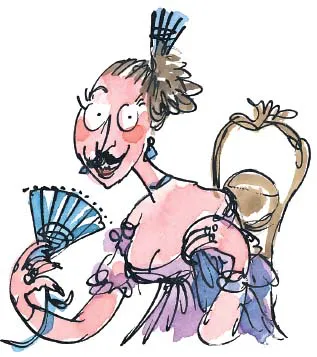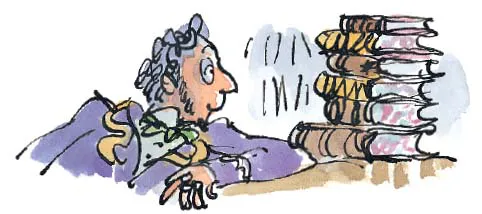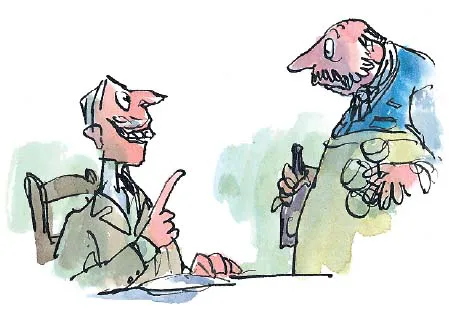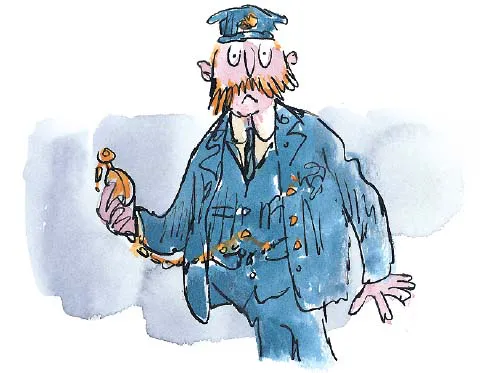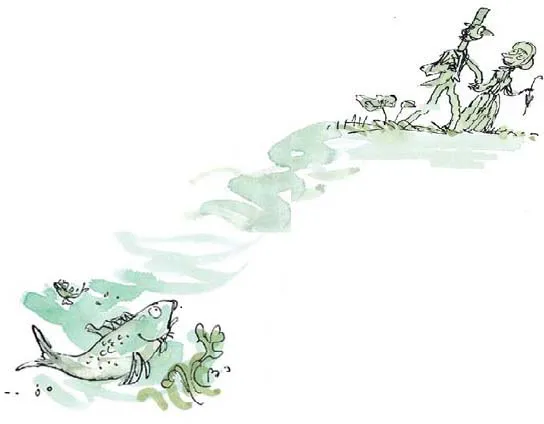![]()
Some dictionary definitions:
BAFFONA, f. Woman with not unpleasing moustache.
Hoare’s Short Italian Dictionary,
Cambridge, 1954
CARPHOLOGY. Delirious fumbling with the bedclothes, &c.
Concise Oxford Dictionary
DOTTEREL. A species of plover (Eudromias morinellus): said to be so simple that it readily allows itself to be taken.
1. This dotrell is a lytell fonde byrde, for it helpeth in maner to take it selfe 1526.
Oxford Dictionary
NATURA . . . 6. the female pudenda; 7. the male organ of generation; 8. God.
Italian Dictionary by Davenport and Comelati,
London, 1873
I’m very fond of palindromes. Perhaps my favourite of them all is:
Live dirt up a side-track carted is a putrid evil.
J. A. Lindon must be credited with two gems:
Straw? No, too stupid a fad. I put soot on warts.
and – perhaps the only one of reasonable length that might pass unnoticed in any twentieth-century novel:
‘Norma is as selfless as I am, Ron.’
But the palm for the longest goes to W. H. Auden:
T. Eliot, top bard, notes putrid tang emanating, is sad. I’d assign it a name: ‘Gnat dirt upset on drab pot toilet.’
And while we’re at it, there are even a couple of classical ones to be quoted. First, the lament of the Roman moths:
In girum imus noctes, et consumimur igni.
And finally the inscription engraved on the phiale in St Sophia:
(Wash not only my face, but also my transgressions.)
At Wimpole Hall in Cambridgeshire you may still see the glorious library designed by James Gibbs in 1730 to house some of the 50,000 volumes belonging to Edward Harley, 2nd Earl of Oxford – the finest collection of its time in England. Harley’s close friend, the poet Matthew Prior, stayed frequently at Wimpole, where he paid his host the nicest compliment a bibliophile could ever receive:
Fame counting thy books, my dear Harley, shall tell No man had so many who knew them so well.
It was sad that Prior never saw the Gibbs library, having died – in the house, as it happened – in 1721; and sadder still that almost the entire collection, which also included 41,000 prints and some 300,000 pamphlets, was sold by Harley’s widow after his death in 1741. (Fortunately she kept back the manuscripts, which were bought twelve years later for the British Museum and form the magnificent Harleian Collection.)
Not many of us can boast what Prior claimed for Harley; we can all, however, take comfort from Disraeli, who wrote to Lady Bradford in August 1878:
You asked me where I generally lived. In my workshop [i.e. his study] in the morning and always in the library in the evening. Books are companions even if you don’t open them.
Two pieces of advice for foreign travellers:
In the matter of language it is always best to go to a little more trouble and learn the exact equivalent if possible. ‘I am an Englishman and require instant attention to the damage done to my solar topee’ is far better than any equivocation that may be meant well but will gain little respect.
Guide to the Native Languages of Africa,
by A Gentleman of Experience, 1890
An attenuation is often understood better than a circumlocution. Exempli gratia:
‘Why is there no marmalade available?’ is better understood in the form ‘Quelle marmalade non?’. ‘Bring marmalade’ may be simply rendered as ‘Marmalade demandez’, always remembering that the z is silent as in ‘demanday’. The little English joke about jam may be easily translated if one wishes to amuse the proprietor: ‘Hier, marmalade; demain, marmalade; mais jamais marmalade de jour.’ Such little pleasantries are often appreciated.
French for the English,
by A Gentleman of Quality, 1894
W. S. Gilbert, beginning a letter of complaint to the station-master at Baker Street, on the Metropolitan line:
Sir,
Saturday morning, although recurring at regular and well-foreseen intervals, always seems to take this railway by surprise.
Of all the sonnets I know, perhaps the oddest are these two by Leigh Hunt. And yet, the more I read them, the better they seem to be.
TO A FISH
You strange, astonished-looking, angle-faced,
Dreary-mouthed, gaping wretches of the sea,
Gulping salt water everlastingly,
Cold-blooded, though with red your blood be graced,
And mute, though dwellers in the roaring waste;
And you, all shapes beside, that fishy be –
Some round, some flat, some long, all devilry,
Legless, unloving, infamously chaste:–
O scaly, slippery, wet, swift, staring wights,
What is’t ye do? What life lead? Eh, dull goggles?
How do ye vary your vile days and nights?
How pass your Sundays? Are ye still but joggles
In ceaseless wash? Still nought but gapes, and bites,
And drinks, and stares, diversified with boggles?
A FISH REPLIES
Amazing monster! that, for aught I know,
With the first sight of thee didst make our race
For ever stare! O flat and shocking face,
Grimly divided from the breast below!
Thou that on dry land horribly dost go
With a split body and most ridiculous pace,
Prong after prong, disgracer of all grace,
Long-useless-finned, haired, upright, unwet, slow!
O breather of unbreathable, sword-sharp air,
How canst exist? How bear t...

